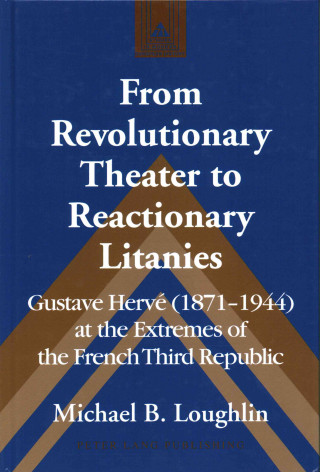
Kód: 13785777
From Revolutionary Theater to Reactionary Litanies
Autor Michael B. Loughlin
Gustave Hervé (1871-1944) seemed to have traditional Breton roots and a typical republican education. As a young socialist journalist and professor, he gained notoriety following a 1901 article which appeared to plant the tricolor ... celý popis
- Jazyk:
 Angličtina
Angličtina - Vazba: Pevná
- Počet stran: 880
Nakladatelství: Peter Lang Publishing Inc, 2016
- Více informací o knize

Mohlo by se vám také líbit
Dárkový poukaz: Radost zaručena
- Darujte poukaz v libovolné hodnotě a my se postaráme o zbytek.
- Poukaz se vztahuje na celou naši nabídku.
- Elektronický poukaz vytisknete z e-mailu a můžete ihned darovat.
- Platnost poukazu je 12 měsíců od data vystavení.
Více informací o knize From Revolutionary Theater to Reactionary Litanies
Nákupem získáte 515 bodů
 Anotace knihy
Anotace knihy
Gustave Hervé (1871-1944) seemed to have traditional Breton roots and a typical republican education. As a young socialist journalist and professor, he gained notoriety following a 1901 article which appeared to plant the tricolor in a dung pile. When French socialists unified in 1905, the Hervéistes were an influential minority. The antimilitarist movement called Hervéism gradually emerged as a quixotic crusade to unite revolutionaries against war and for socialism. Hervé soon founded a weekly newspaper, La Guerre Sociale. Over the next six years, press campaigns, trials, prison, demonstrations, strikes, and conspiratorial organizations maintained Hervé's profile and sold newspapers. Ironically, Hervé advertised conspiracies, which suggests revolutionary theater more than practical politics. Among Hervé's rivals, such theatrics often generated resentment. While Hervé's movement succeeded as a media experience, his leftist competitors became jealous and skeptical. As revolutionary theater Hervéism might have been entertaining, but the actors and some of the audience often confused revolutionary art with political reality. By 1911 the ingenuous Hervé felt betrayed. His failure to unite revolutionaries began an evolution toward the nation and its traditional Catholic faith. Besides the international situation, one crucial determinant in Hervé's evolution toward French national socialism sympathetic to fascism involved ongoing rivalries within the French Left. Hervé's marginal interwar national socialist parties sought to employ patriotism and religion to solve French problems. By 1935 he attempted to draft Pétain to lead an authoritarian republic. Gradually losing hope in Pétain after the fall of France, the aging Hervé put his faith in Christian socialism.
 Parametry knihy
Parametry knihy
Zařazení knihy Knihy v angličtině Humanities History History: earliest times to present day
5154 Kč
- Plný název: From Revolutionary Theater to Reactionary Litanies
- Autor: Michael B. Loughlin
- Jazyk:
 Angličtina
Angličtina - Vazba: Pevná
- Počet stran: 880
- EAN: 9781433131004
- ISBN: 1433131005
- ID: 13785777
- Nakladatelství: Peter Lang Publishing Inc
- Hmotnost: 1904 g
- Rozměry: 158 × 230 × 68 mm
- Datum vydání: 04. July 2016
Oblíbené z jiného soudku
-

Guns, Germs, and Steel
280 Kč -

History of the Decline and Fall of the Roman Empire
333 Kč -

The Origins of Totalitarianism
269 Kč -

Fear and Loathing on the Campaign Trail '72
333 Kč -
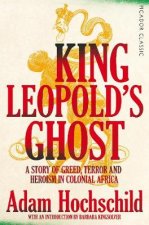
King Leopold's Ghost
283 Kč -

King's Two Bodies
679 Kč -

Key of Solomon the King (Clavicula Salomonis)
255 Kč -
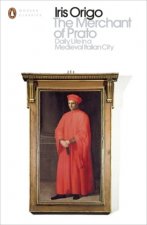
Merchant of Prato
283 Kč -

Embracing Defeat
433 Kč -

Taktika of Leo VI
1225 Kč -

Song of Roland and Other Poems of Charlemagne
265 Kč -

Roman Legionary vs Carthaginian Warrior
454 Kč -

Augustus
382 Kč -

East Roman Foreign Policy
1375 Kč -

Trojan War
379 Kč -

Imperial Roman Warships 27 BC-193 AD
371 Kč -

Hidden Figures
388 Kč -

Tuesdays With Morrie
252 Kč -
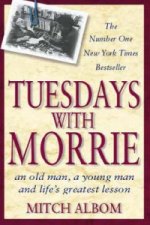
Tuesdays With Morrie
258 Kč -

Illustrated Encyclopedia of Uniforms of World War I
517 Kč -

Meditations
214 Kč -
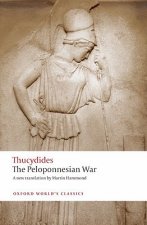
Peloponnesian War
309 Kč -

Underground
288 Kč -

Cold War
333 Kč -

Seneca's Letters from a Stoic
278 Kč -

Myth of the Andalusian Paradise
595 Kč -

Virgin Mother Goddesses of Antiquity
859 Kč -

On Tyranny
205 Kč -
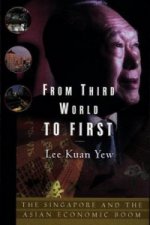
From Third World to First
356 Kč -

Rise and Fall of Ancient Egypt
433 Kč -

Tuesdays With Morrie
228 Kč -

The Art of Combat
720 Kč -

Chernobyl Prayer
269 Kč -

History of the Ancient World
765 Kč -

Age Of Extremes
445 Kč -

Age Of Empire
382 Kč -

Making Medieval Manuscripts
431 Kč -

Access to History for the IB Diploma: Causes and effects of 20th-century wars Second Edition
1040 Kč -

Postwar
445 Kč -
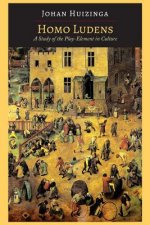
Homo Ludens
305 Kč -

Pearson Baccalaureate: History Causes and Effects of 20th-century Wars 2e bundle
1430 Kč -

Distant Mirror
333 Kč -
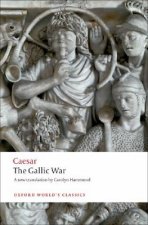
Gallic War
232 Kč -
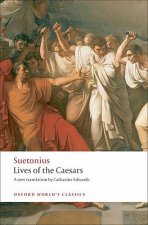
Lives of the Caesars
258 Kč -

Invisible Hook
414 Kč -

Anunnaki Homeworld
425 Kč -

Witches and Pagans
629 Kč -

Shake Hands With The Devil
337 Kč -

Heart of Europe
507 Kč
Osobní odběr Praha, Brno a 12903 dalších
Copyright ©2008-24 nejlevnejsi-knihy.cz Všechna práva vyhrazenaSoukromíCookies







 Vrácení do měsíce
Vrácení do měsíce 571 999 099 (8-15.30h)
571 999 099 (8-15.30h)